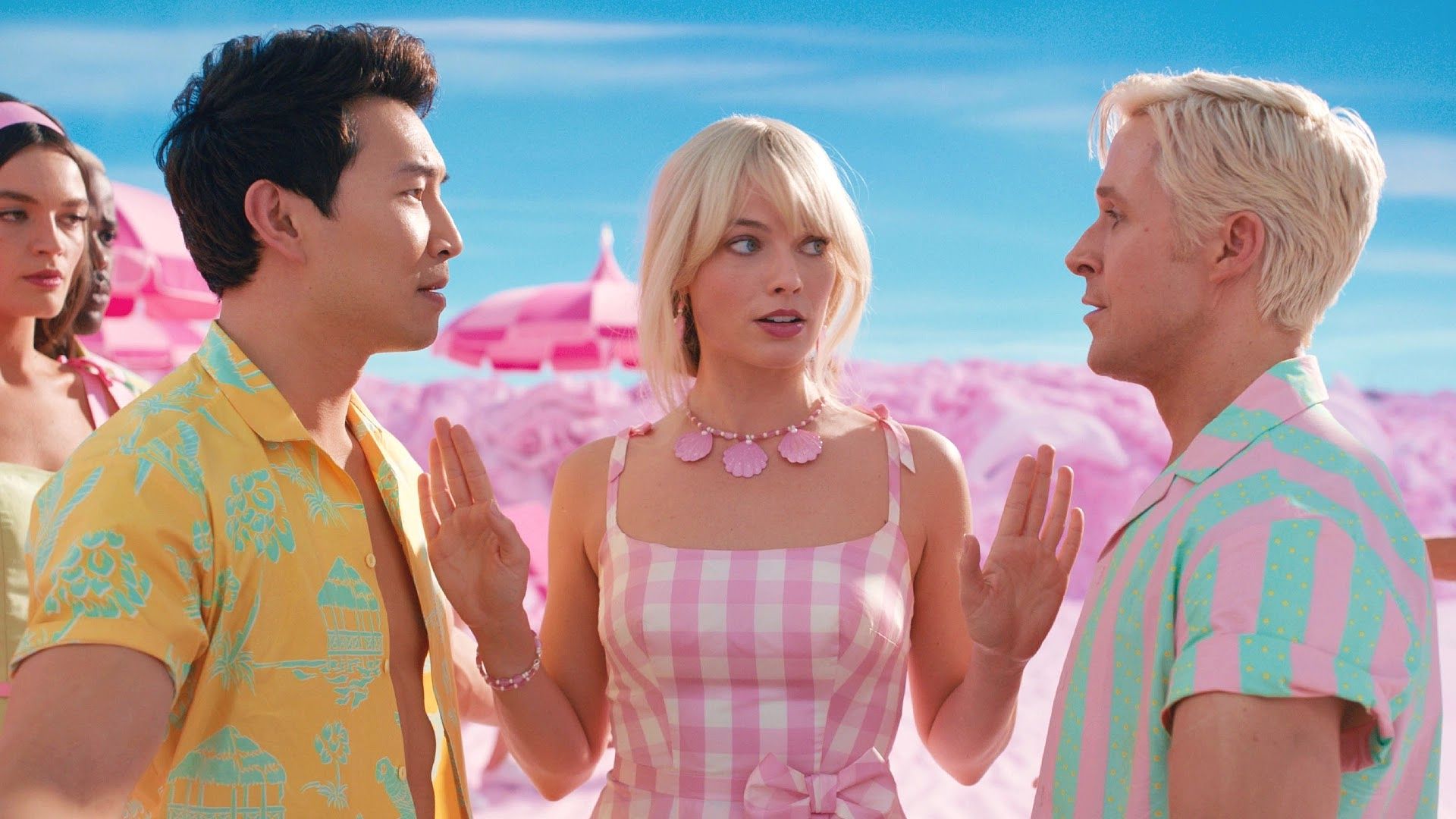
As a woman who has spent her fair share of time navigating through the often confusing and complex world we live in, I must say that the movie “Barbie” left me feeling a bit bewildered, to put it mildly. Now, don’t get me wrong, I love a good comedy, and there were moments that had me giggling like a schoolgirl. But when it comes to matters of empowerment, especially for women, I believe we need more than just a laugh.
In recent years, not many films have garnered as much attention and anticipation as the upcoming movie “Barbie” (2023). The “Barbenheimer” effect and the presence of A-list actors like Margot Robbie, Ryan Gosling, and the acclaimed director Greta Gerwig, who’s known for her popular films aimed at women, have contributed to this buzz. It’s shaping up to be one of the most impactful moments in cinema history, eventually ranking as the 14th highest-grossing film ever made.
Initially, the Barbie team presented a message promoting female empowerment through their pink-themed media, aligning with the Barbie brand’s reputation. Yet, when it came to the movie’s content, many viewers found that its feminist message was somewhat lacking. Although Barbie has much to be praised for, such as exceptional production design and bold humor, it is essential to ponder over the potential influence of a film with such a mixed message and significant social responsibility on future generations. Here are some reasons why Barbie falls short of being a full-fledged feminist manifesto:
A Confusing Feminism 101
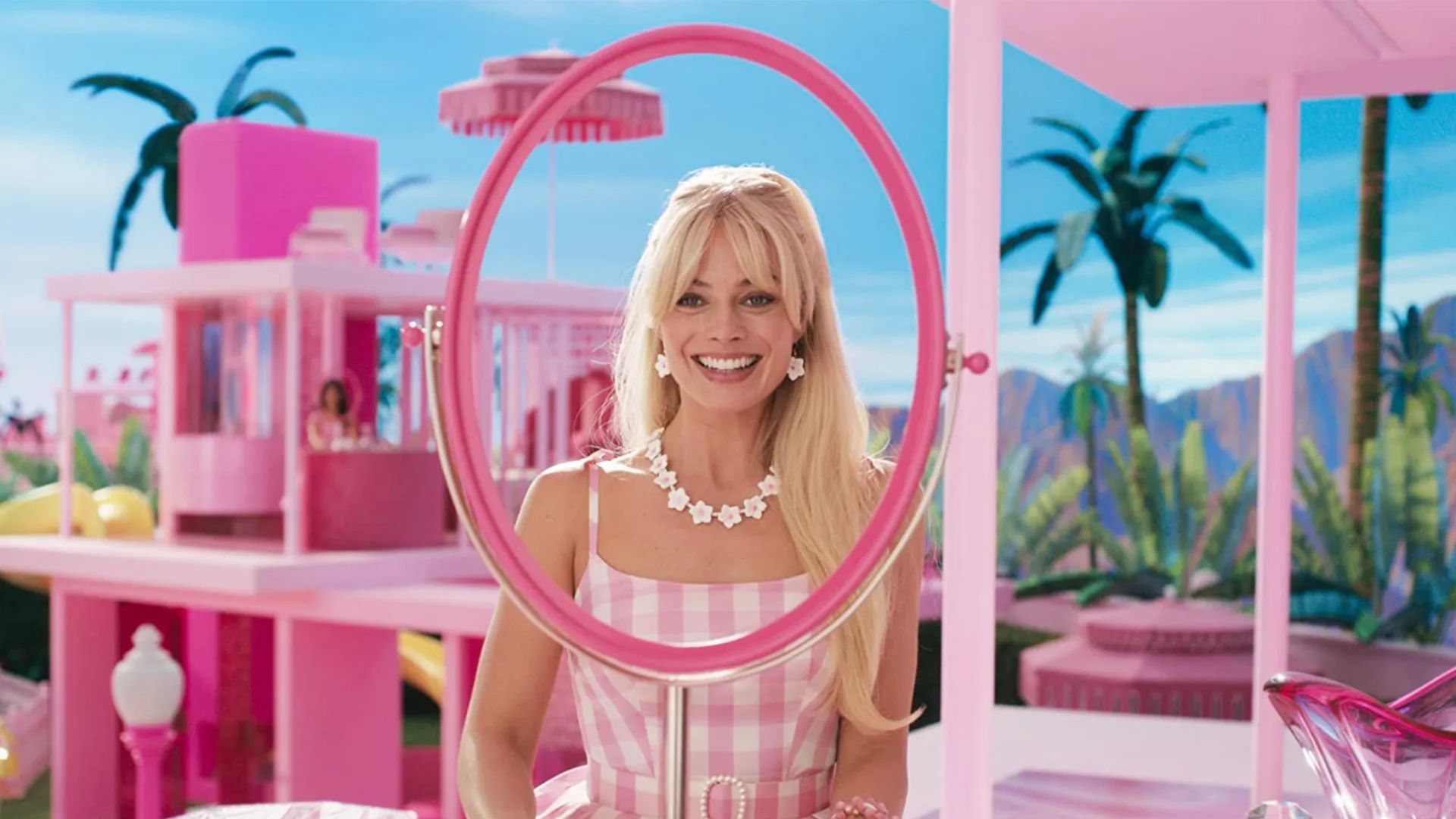
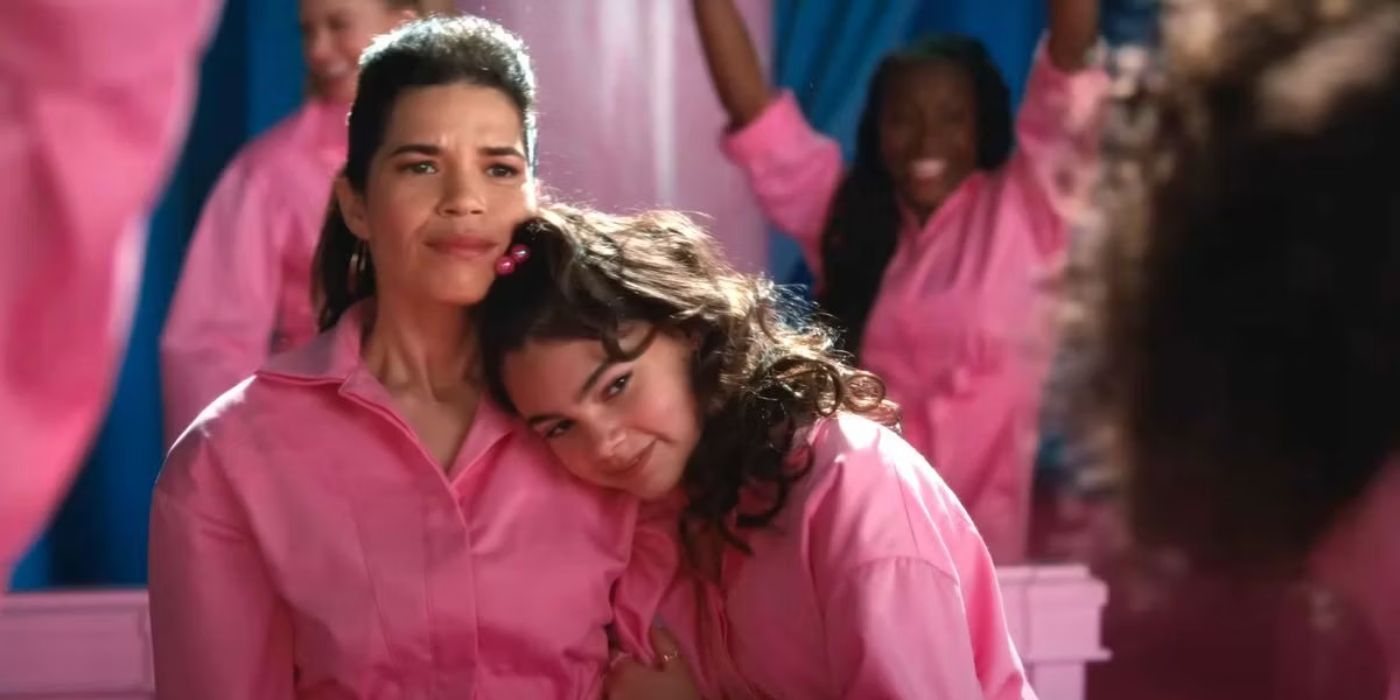
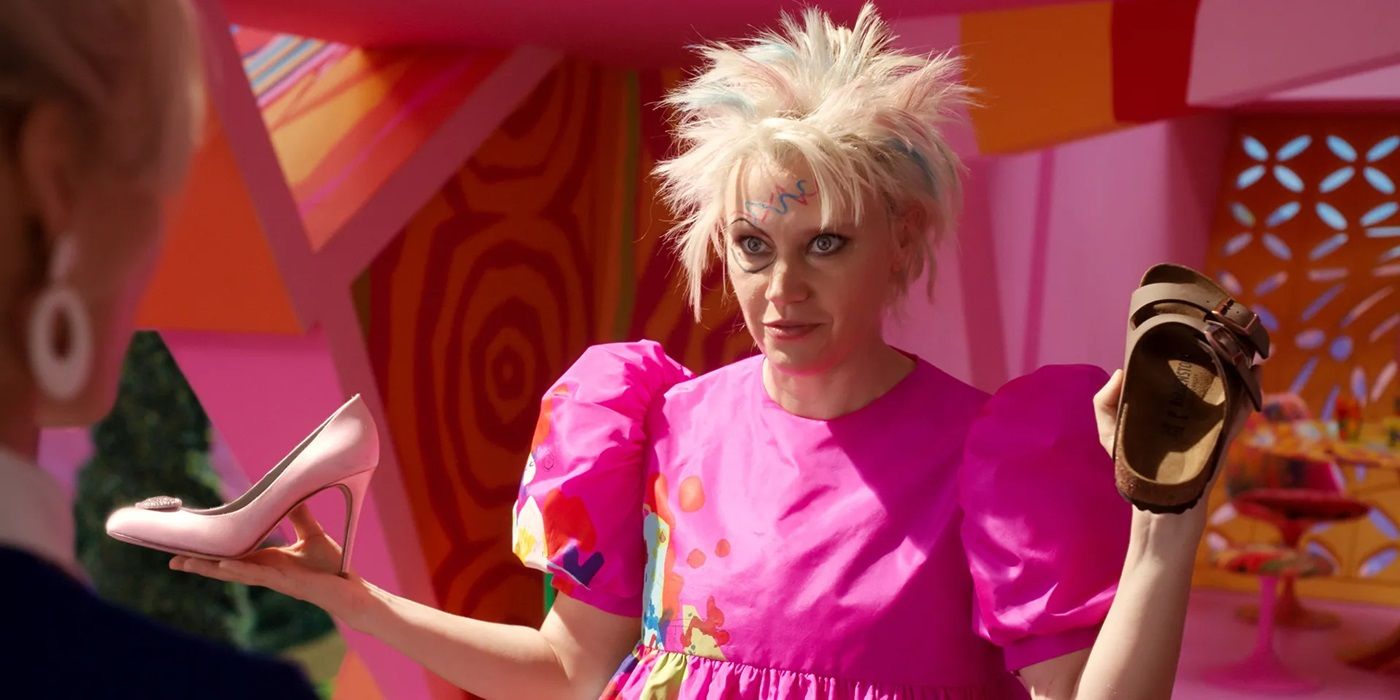
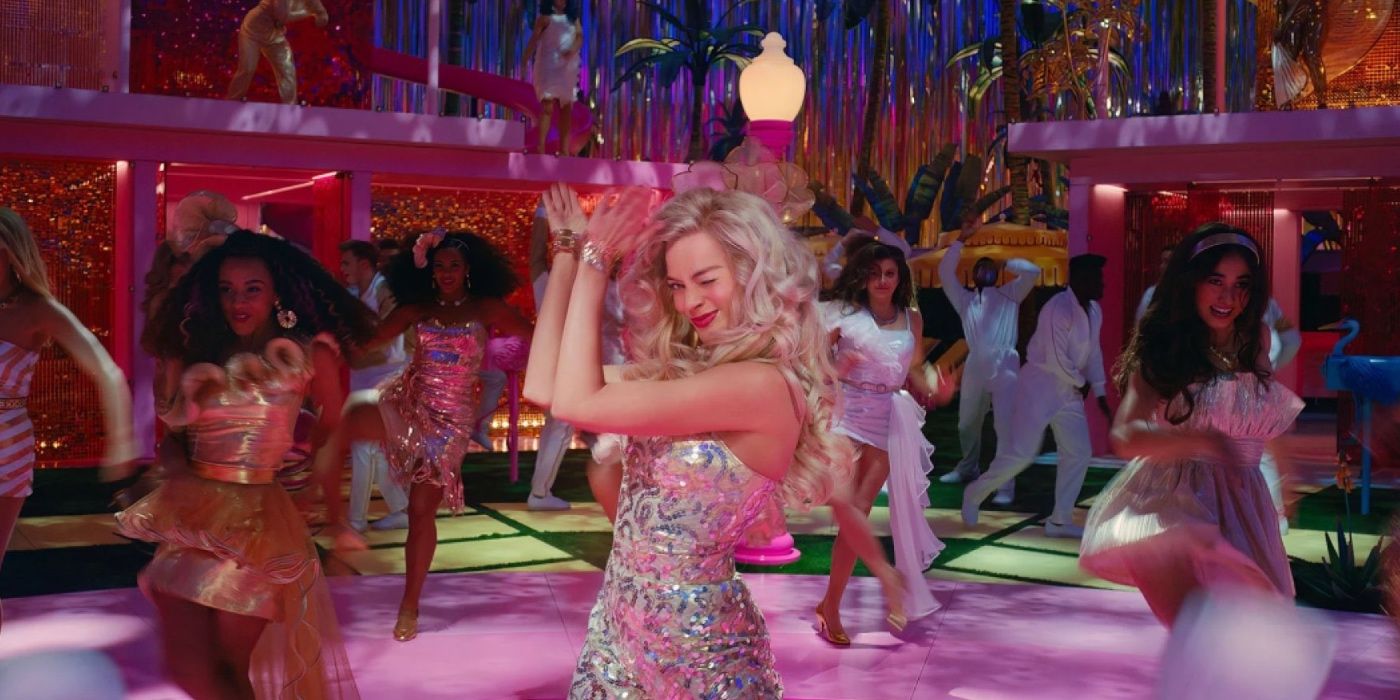
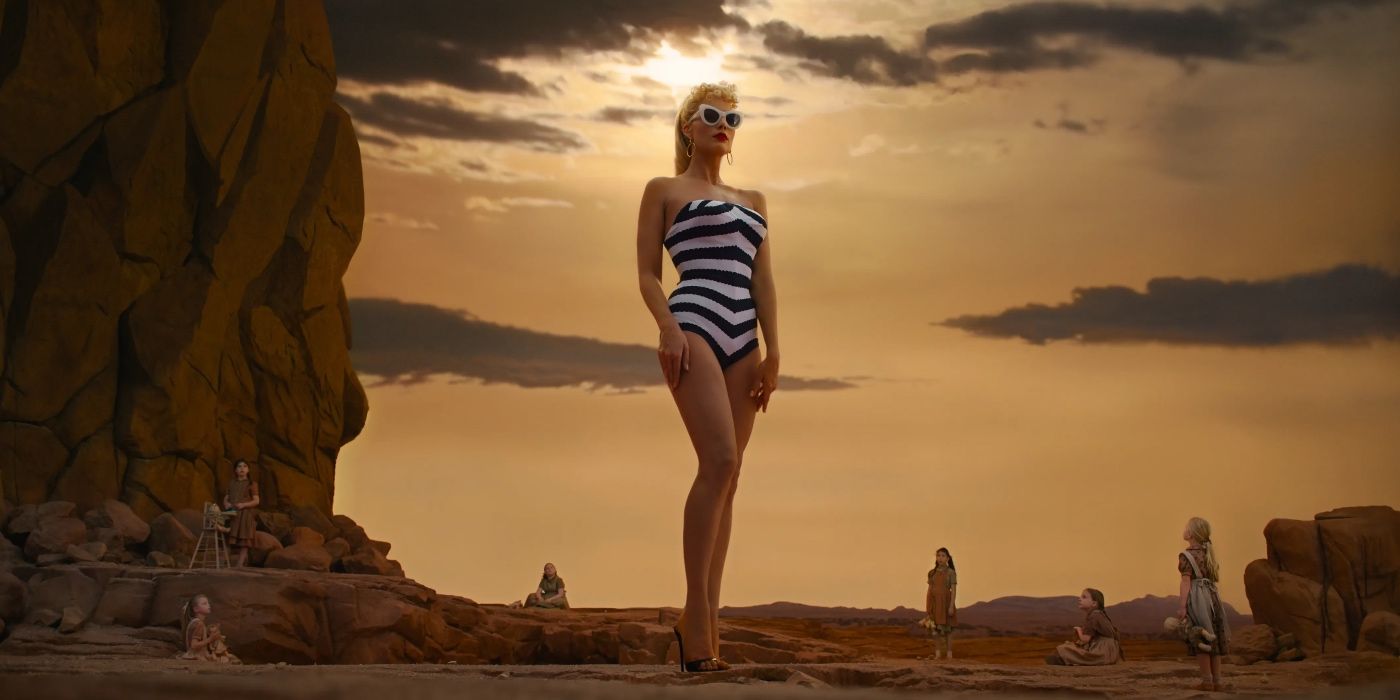
During a 2023 conversation between Margot Robbie and Cillian Murphy for Variety’s Actors on Actors, Robbie reveals some insights about the creation of “Barbie.” According to her, Greta Gerwig and Noah Baumbach mainly developed the script as they progressed through it. They didn’t have a clear ending in mind when they started writing the script. This approach is evident not only in the movie’s storyline (the narrative becomes increasingly chaotic after Barbie leaves Barbieland), but also in its themes.
After viewing Barbie, it’s challenging to pinpoint the main message, apart from a vague impression of “women can achieve anything.” However, this idea seems more like something stated than demonstrated. The movie appears to be a mix of various, unrelated feminist ideas that lose their impact as they pass by one after another. The script emphasizes empowerment through general statements that are loosely connected to the already disjointed narrative. In the story itself, women frequently appear brainwashed and idle. If the intention of this film is to enlighten audiences who may be new to feminism or skeptical of it, the lack of clarity in conveying its messages is a matter of concern.
For example, one of the most lauded moments of Barbie is a monologue given by America Ferrera toward the end of the film in which she lists various experiences that make it “literally impossible to be a woman.” Though this grocery list is true, it is also rather simplistic and, for the average woman, arguably falls flat and feels rather elementary. This could constitute “Women Deserve Rights 101.” For the uneducated viewer, perhaps this would serve as some sort of doorway to understanding. However, this becomes confusing when, within the same movie, you have elevated quotes like “We mothers stand still, so our daughters can look back and see how far they’ve come” and “By giving voice to the cognitive dissonance required to be a woman under the patriarchy, you robbed it of its power.”
Apart from the fact, it’s packed with an eccentric road trip narrative intertwined with a peculiar capitalistic overtone that ultimately seems to advocate for Mattel. Given Greta Gerwig’s public statements about her diverse sources of inspiration in creating Barbie, ranging from Paradise Lost and The Umbrellas of Cherbourg to The Planet of the Apes, it’s not unreasonable to assume that perhaps there were too many concepts in play. The core concept, emphasizing female empowerment, seemed to get overshadowed. In essence, Barbie is chaotic and overloaded with information, making it challenging for viewers to grasp anything coherent.
He’s Not Just Ken
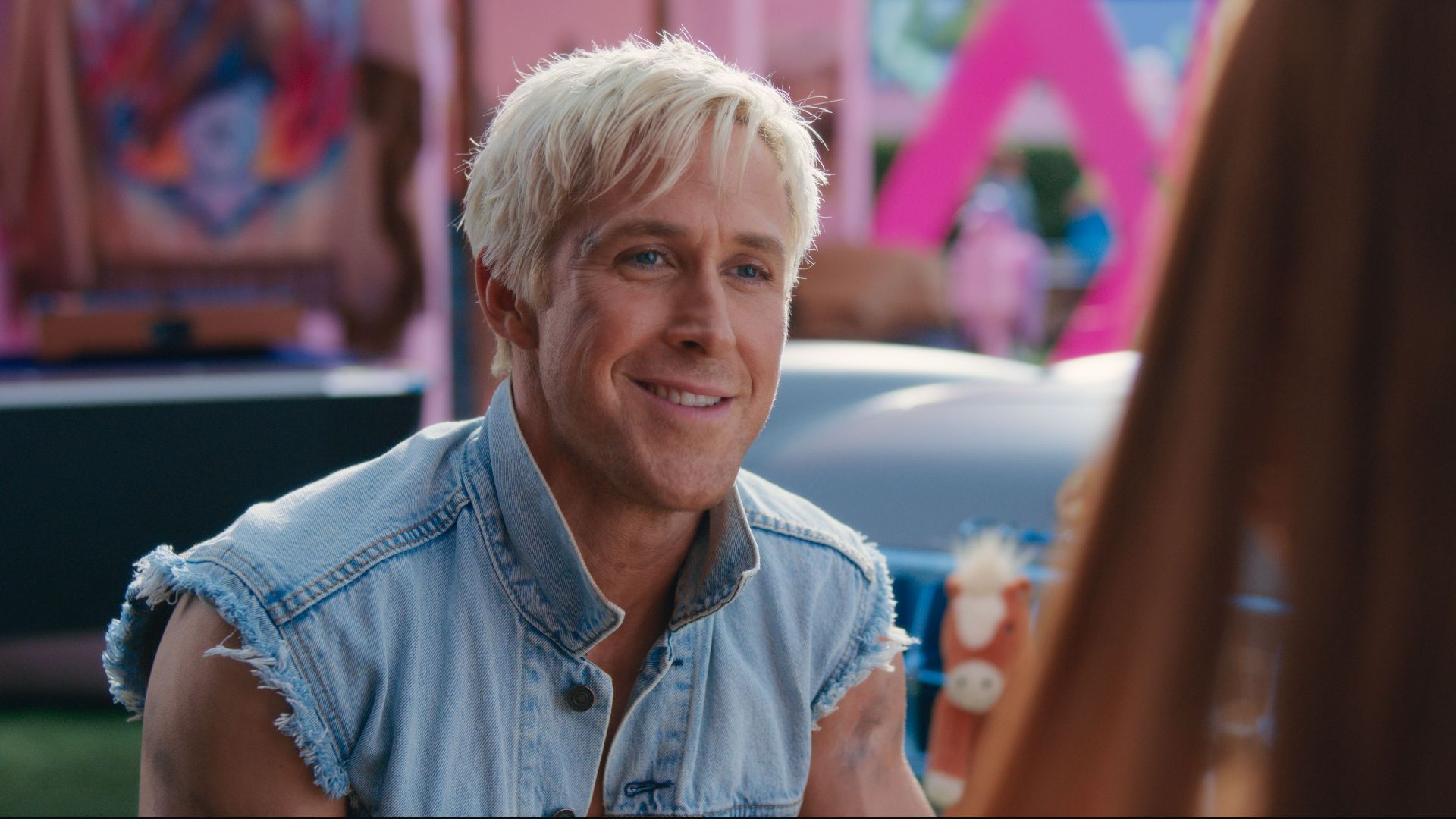

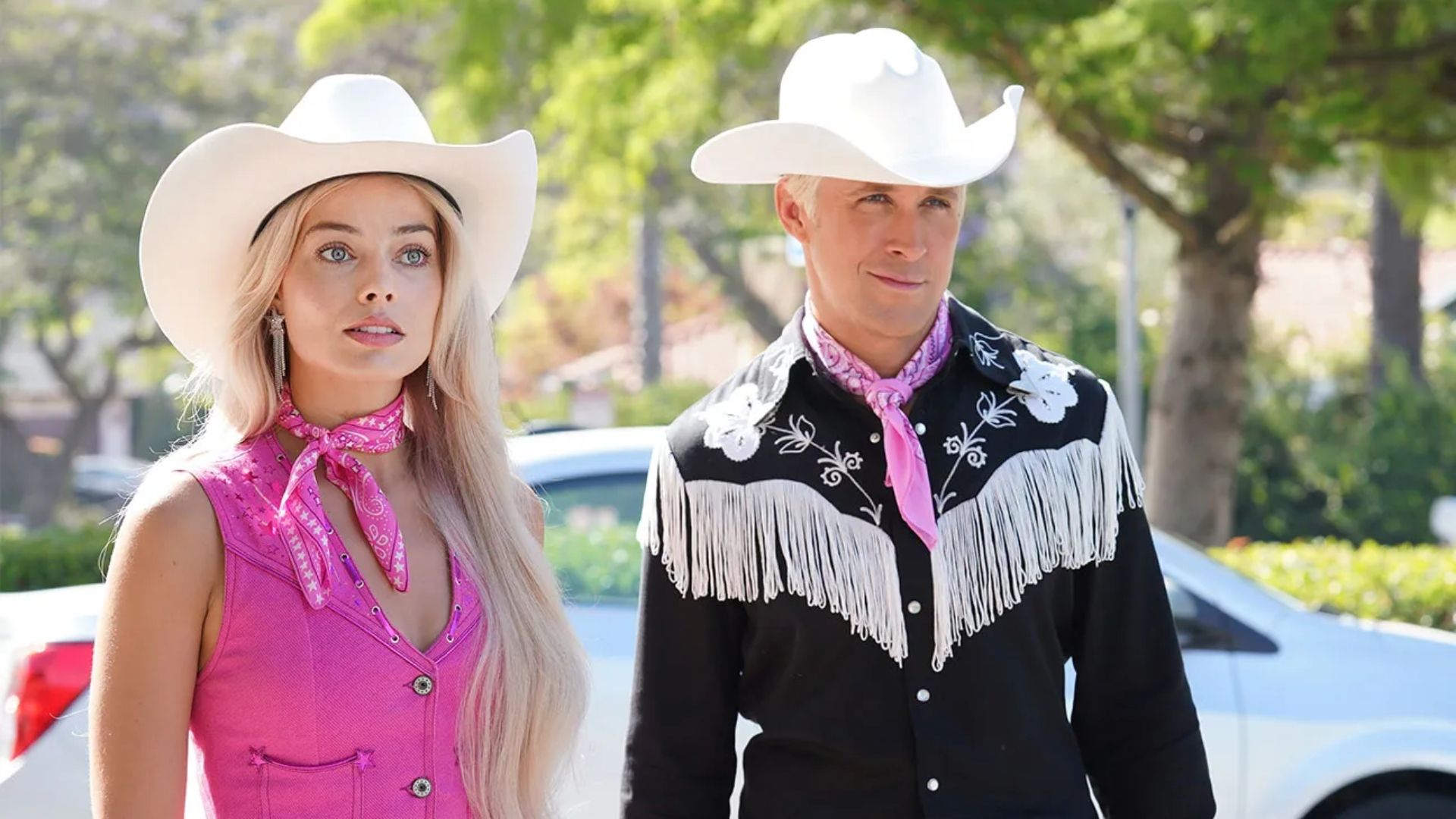
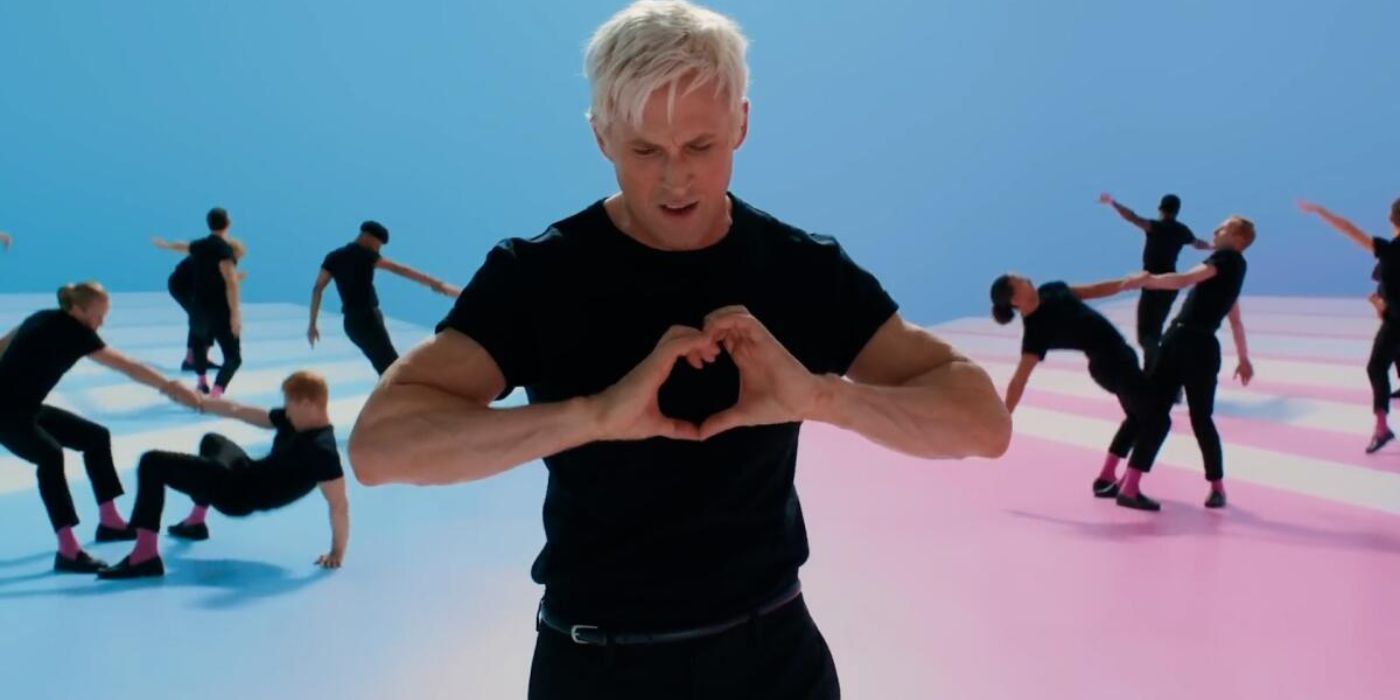
During the 2023 Academy Awards season, Barbie garnered eight nominations, including Best Picture and Best Supporting Actor for Gosling. However, it stirred quite a buzz when Robbie, who played the title role, was not nominated in the Acting categories. Despite her exceptional performance, which is undeniable given her talent and capability as an actress, this omission can be easily understood. It’s plausible that she was overlooked because Barbie, the movie, was not primarily focused on women.
In the script for “Barbie,” Barbie herself doesn’t seem to be a particularly deep or well-defined character. It’s challenging to create something profound or emotionally resonant, whether it’s Barbie or anyone else wearing those iconic pink shoes. However, there’s a character in this script that is given depth, complexity, and clarity: Ken. The male lead of the film has a more straightforward, classic character development arc, making him more relatable. This allows Ryan Gosling (who delivers an excellent performance overall) to give the most memorable performance in the movie because Ken’s character is better written.
In the movie, Ken serves as the main source of humor (and this applies to all Kens). Initially, his antics are quite entertaining. As the film progresses, one begins to ponder its deeper meaning. The character of Ken symbolizes patriarchy and the challenges women face in their daily lives. However, most instances depicting these challenges are minor annoyances, such as listening to a man play guitar (which is amusing, I must admit). Unfortunately, the film fails to address the true danger and complexity of patriarchy, suggesting that it’s less severe than it actually is.
It’s plausible to suggest that Barbie aspires to be a movie for the whole family, and therefore it might not be appropriate to present harsh realities too bluntly. However, Barbie does portray some grim truths, but it does so in a lighthearted manner, such as when Barbie experiences sexual harassment on the boardwalk, which is essentially trivialized as a humorous prank. This depiction of reality for women can be misleading and potentially harmful, especially to young and vulnerable viewers.
Read More
- Grimguard Tactics tier list – Ranking the main classes
- Silver Rate Forecast
- USD CNY PREDICTION
- 10 Most Anticipated Anime of 2025
- Black Myth: Wukong minimum & recommended system requirements for PC
- Box Office: ‘Jurassic World Rebirth’ Stomping to $127M U.S. Bow, North of $250M Million Globally
- Former SNL Star Reveals Surprising Comeback After 24 Years
- Gold Rate Forecast
- Hero Tale best builds – One for melee, one for ranged characters
- Mech Vs Aliens codes – Currently active promos (June 2025)
2024-12-27 01:02